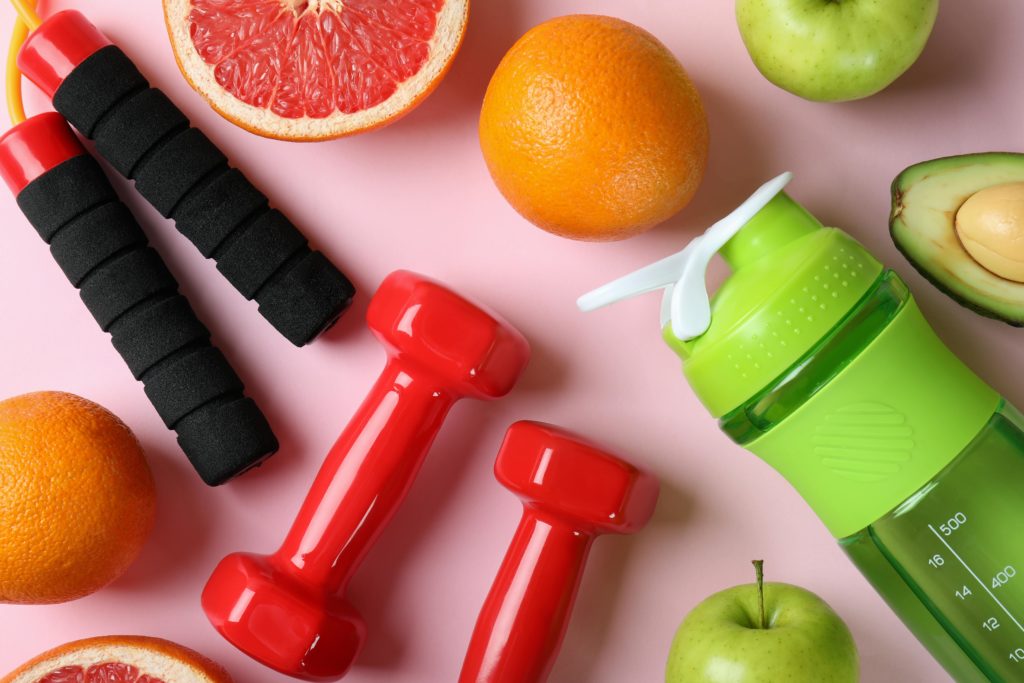How Gen Z are navigating beauty from within in 2025
Introduction
In 2025, consumers of all ages are taking a holistic approach to beauty. This is due to the relationship between overall health and skin, hair, and nail health being understood more and more. Generation Z (aged 12-27) are the generation most likely, and willing, to take a holistic approach to beauty. FMCG Gurus' consumer insights reveal that 64% of gen z recognize the link between skin health and overall health. While the older generations are concerned about preventing various skin diseases and illnesses, gen z are interested in addressing skin and hair care issues to improve their self-confidence. This ties in with maximizing their appearance, with over half suffering from visible pores on the skin. As a result, over a third of gen z have made changes to their lifestyle and diet over the last year to improve skin health.

Back-to-basics beauty
A majority of gen z who have looked to take a beauty-from-within approach have done so through exercise or diet. This includes actively looking to eat more fresh fruit and vegetables and increase hydration levels by drinking more water. This aligns with the growing understanding of the relationship between physical health and outward beauty. However, gen z also understand that emotional health is interlinked with skin, hair, and nail health. FMCG Gurus' market research highlights that 1 in 5 of gen z say their energy levels and mood have a positive impact on their skin. Self-care and emotional wellbeing have gained significant traction on social media as trends promote slowing down and embracing moments of relaxation and mindfulness. Many gen z consumers have incorporated these practices into their daily routines. This has led to promoting a deeper sense of inner peace and contentment that helps to enhance their skin health, as well as their emotional wellbeing.

Innovative Ingredients
Gen z, along with older consumers, have also looked to address skin, nail, and hair health by using nutritional supplements. Some ingredients in supplements and products have a broad appeal across all age cohorts, such as aloe vera and collagen. Aloe vera is known for its hydrating and anti-inflammatory properties. Therefore, this is appealing to younger generations looking to reduce redness and skin inflammation. It also appeals to older generations looking to enhance skin elasticity and hydration. Specifically, gen z are the most informed about how different vitamins can help to improve skin health, as well as the use of hyaluronic acid. However, across all generations, there are significant disparities between consumers who have heard of each ingredient and those that associate them with aiding skin health. This highlights the need for increased education by the industry for all age cohorts.






